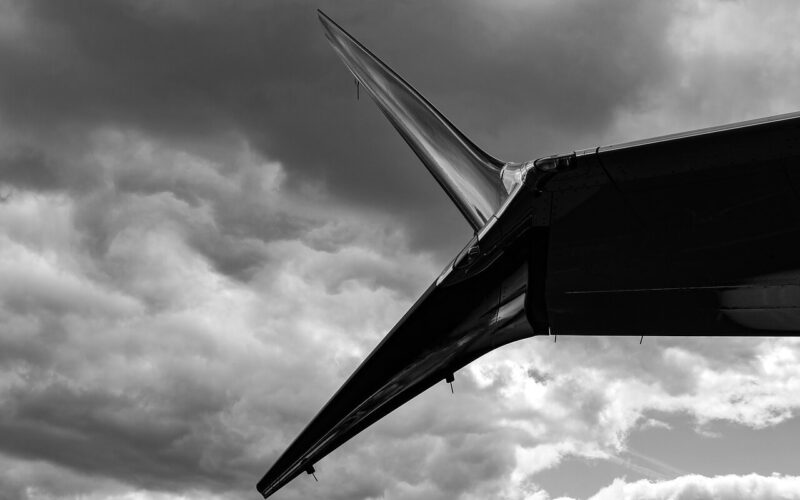In a hearing in front of the House of Representatives, acting head of the Federal Aviation Administration Daniel Elwell defended the certification process of the authority and threw shade at the pilots on board the two fatal Boeing 737 MAX flights.
Elwell partially blamed Boeing for its lack of clarity on the MCAS system: “When I first heard about it, I thought that the MCAS should have been more adequately explained in the flight manual”.
However, when an official asked him why the FAA had allowed this system to crash the aircraft on the basis of a failure of a single AOA probe, Elwell replied that the Ethiopian pilots could have countered the MCAS “via a checklist they should have memorized”. He hinted that their inexperience could be partly to blame. “They never controlled their air speed,” said Elwell.
This criticism was supported by several members of the House, including Republican Sam Graves, who said he felt scared when climbing onto an aircraft outside of the United States. “It just bothers me that we continue to tear down our system based on what has happened in another country”.
As for the doubts raised on the certification process which sees manufacturer employees appointed by the FAA reviewing their own plane, as it was revealed by The Seattle Times in March 2019, Elwell defended it as a good system. He even argued that “when done right, [it] is indispensable to the health and safety of our system.”
Pilots had concerns
Earlier in the week, CBS News and the New York Times both reported on the recording of a meeting between American Airlines (A1G) (AAL) pilots dating back to November 27, 2018, less than a month after the Lion Air crash that killed 189 people. In the aftermath of Lion Air crash, pilots asked Boeing’s management to take the necessary measures concerning the 737 MAX. But the manufacturer refused to take “radical measures”.
Mike Sinnett, Vice president of Engineering at Boeing, admitted at the meeting that the company was reviewing the design of the aircraft, including the 737 MAX anti-stall systems, called MCAS, which was very quickly implicated in the accident. The Boeing representative called the Lion Air crash a tragedy, and in a macabre prediction, added that “an even worse thing would be another one”.
However, he resisted to the idea of taking more radical measures. “No one has yet to conclude that the sole cause of this was this function on the airplane,” Sinnett said.
Pilot union representatives expressed their frustration about the lack of communication to the flight crew on the MCAS. “These guys didn’t even know the damn system was on the airplane — nor did anybody else,” said Mike Michaelis, head of safety for the Allied Pilots Association (APA).
On November 10, 2019, the APA had sent a letter to pilots to insist on the process to disable the MCAS in case of an angle of attack sensor (AOA) failure.
As part of the ongoing criminal investigation opened by the Justice Department, American Airlines (A1G) (AAL) , Southwest Airlines (LUV) and presumably United Airlines, all operators of the Boeing 737 MAX, as well as their pilot unions, have received subpoenas, as the investigation will delve into the communications between the manufacturer and its customers

